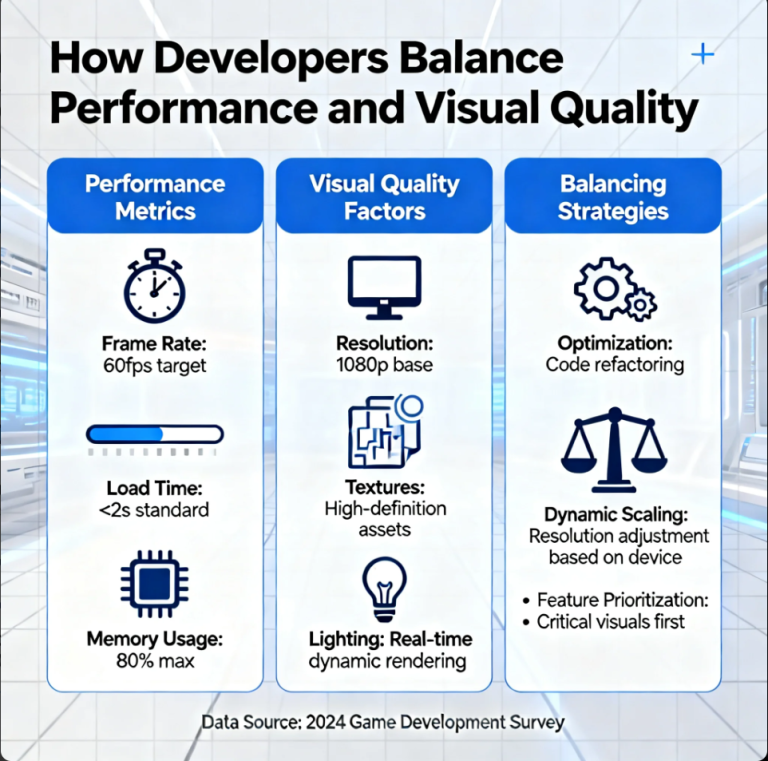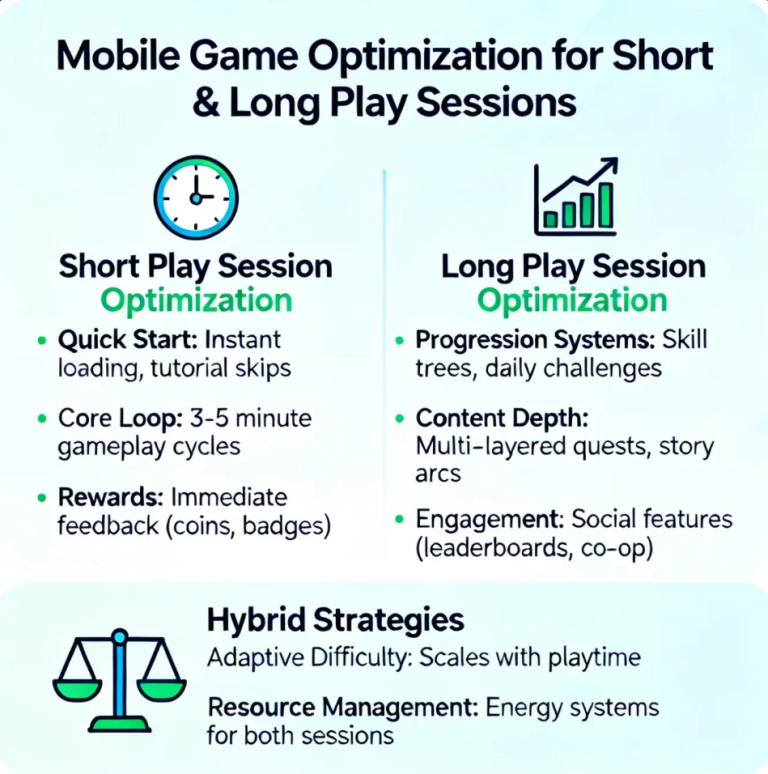
Free web hosting remains a tempting option for beginners, hobbyists, and small projects in 2025. With more platforms offering zero-cost plans, it’s easier than ever to launch a website without upfront costs. However, not all free hosting services are created equal—and understanding their limitations is crucial before committing.
📌 1. What Free Hosting Really Means
A free hosting plan typically offers:
- Limited storage and bandwidth
- Subdomain instead of a custom domain (e.g., yoursite.host.com)
- Basic website builders or limited CMS support
- Ads displayed on your website to cover hosting costs
While it’s a good way to test ideas or learn web development, free hosting often comes with trade-offs in performance, reliability, and branding.
💡 2. Pros of Free Hosting Services
- Cost-effective: Ideal for learners or hobby sites with no budget
- Quick setup: Many platforms let you launch a website in minutes
- Experimentation: Safe space to try new features or build a portfolio
- Learning opportunity: Great for beginners who want hands-on experience
Free hosting is perfect for testing ideas or creating small personal projects.
⚠️ 3. Limitations and Risks
Free hosting in 2025 comes with several caveats:
- Performance issues: Slower load times due to shared resources
- Storage & bandwidth limits: Can restrict growth
- No domain branding: Usually tied to the provider’s subdomain
- Limited support: Help may be restricted to forums or basic guides
- Ads on your site: Can affect user experience and professional perception
For business or serious projects, these limitations may outweigh the cost savings.
🛠️ 4. Choosing the Right Free Hosting Provider
Key factors to consider:
- Reliability & uptime: Check if the provider guarantees uptime
- Storage & bandwidth: Ensure limits fit your project needs
- Security: SSL certificates and malware protection are vital
- Scalability: Can you upgrade to paid plans easily if needed?
- Ease of use: Drag-and-drop website builders or CMS support
Popular free hosting options in 2025 include WordPress.com, Wix, InfinityFree, AwardSpace, and 000WebHost. Each has unique features, so choose based on your goals.
🚀 5. Free Hosting vs Paid Hosting
While free hosting is good for experimentation, paid hosting offers significant advantages:
- Custom domain for professional branding
- Better performance and reliability
- More storage, bandwidth, and advanced features
- Priority customer support
- Greater flexibility for growth and monetization
Many free hosting providers offer affordable paid plans that solve most limitations.
🌟 6. Tips for Using Free Hosting Wisely
- Start small, test your website ideas, then plan for growth
- Keep backup copies of your site, as free hosting may not include automated backups
- Monitor performance and user experience
- Consider upgrading to a paid plan once traffic or professional needs grow
Free hosting can be a stepping stone to a more robust online presence.
💻 Conclusion
Free web hosting services in 2025 are more accessible and feature-rich than ever, making them ideal for learners, hobbyists, or temporary projects. However, understanding limitations, risks, and long-term goals is critical before signing up.
If you plan to grow your website, build a brand, or launch a business, consider using free hosting as a testing ground while preparing for a professional upgrade.



